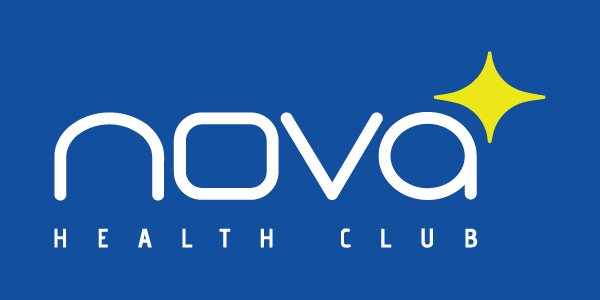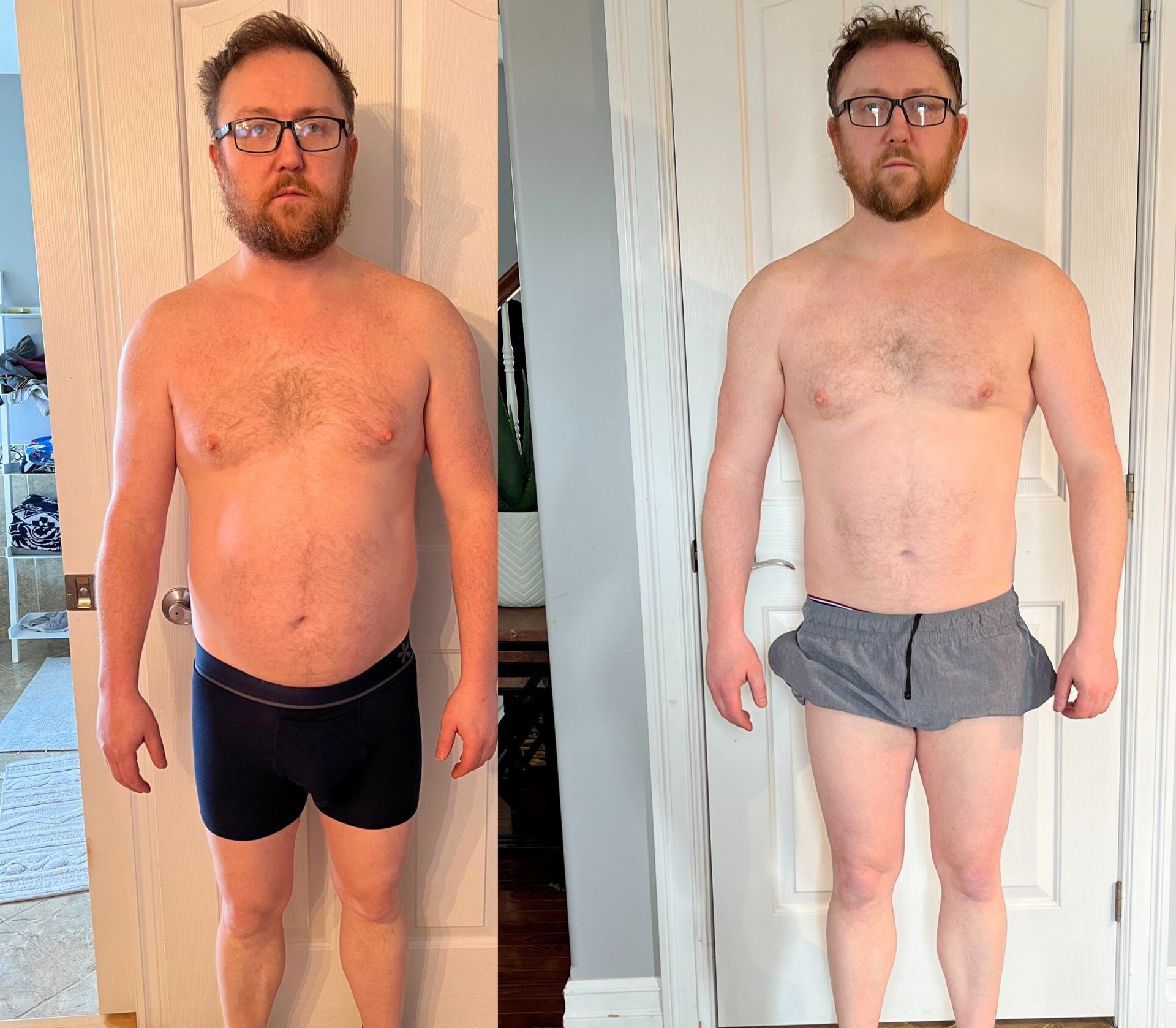The Top 5 Foundational Supplements
What Are Nutritional Supplements?
Nutritional supplements, also known as food supplements, come in the form of capsules, liquids, or powders that contain concentrated or isolated amounts of specific minerals, vitamins, or macronutrients. These supplements play a role in supporting a person's nutrition and health goals by providing additional amounts of essential nutrients to complement their regular food intake.
Survive vs Thrive
Supplement usage by humans began in the early 1900s. Prior to that, obtaining essential nutrition solely relied on food intake. Supplements gained significance as a means to improve health when dietary habits were unable to provide sufficient nutrition necessary for maintaining well-being.
Some people today don’t believe in supplements. They believe that all the nutrition we require can be obtained by food. Indeed, it is true that we can obtain enough nutrition from food to ensure survival, but reaching our peak potential is unlikely or difficult at best.
If your goal is merely survival, then supplements are not necessary for maintaining life. However, if you aspire to achieve optimal health, a thriving body that is exceptionally robust and performing at its best, then yes, supplements can significantly contribute to supporting that objective.
Dietary Deficiencies
For the average person, dietary deficiencies are a reality, either caused by stress or inadequate nutrition. Stressors include too many responsibilities, busyness, poor sleep, alcohol consumption and even frequent bouts of intense exercise. Proper nutrition is vital for anyone consistently facing these stressors.
To build strength and resilience against these common stressors, it is essential to consume the right amount of nutritious foods that provide the necessary nutrients, vitamins, and minerals. Unfortunately, many people tend to simplify their approach by skipping meals or opting for processed foods in such situations, which only exacerbates their nutritional deficiencies.
Even if you are considered a "healthy" individual who follows a whole foods diet, it is likely that you may still have deficiencies in certain nutrients, vitamins, and minerals. This is due to the fact that modern whole foods contain less nutrition than they did a century ago. The conventional grocery store carrots you consume today are not the same as the ones your grandparents ate during their childhood. Back then, carrots were likely grown on farms with crop rotation and a diverse ecosystem of other plants, animals, and insects, creating soil conditions that contributed to producing the perfect carrot.
We must recognize that nutritious food, rich in vitamins and minerals, originates from healthy soil. Unfortunately, modern agricultural practices, including the heavy use of pesticides and fertilizers, have led to soil degradation, resulting in reduced nutrient content in our food compared to what it had when our grandparents were young. Presently, much of our food is prioritized for profitability rather than focusing on its health benefits, leading to less emphasis on soil care. Consequently, the soil contains fewer vitamins and minerals, ultimately impacting the nutritional quality of the food it produces.
Hence, unless you lead a stress-free life, consistently get 8 hours of sleep each night, and maintain a diet rich in local organic foods, you are probably not obtaining sufficient nutrition from food alone to thrive optimally.
Top 5 Foundational Supplements
With numerous types of supplements available, it can be overwhelming to determine what is truly necessary. For most individuals, it is best to start by prioritizing foundational supplements. While situational supplements can be beneficial for addressing specific concerns like stress, sleep, digestion, and performance, they may not be essential unless you have consistently incorporated foundational supplements and adopted the
foundational lifestyle habits first.
1)Magnesium
Magnesium is an essential mineral which means we must get it from our diet. It plays a crucial role in over 300 biochemical reactions in the body and supports muscle function, contributes to energy production, aids in bone health and is associated with reduced stress and anxiety promoting relaxation and sleep.
It is a mineral that gets used up very fast especially under stress. Therefore unless you live a stress free life (mental, emotional and physical) and eat spinach by the bucketful you need to supplement with magnesium.
In addition to taking a magnesium supplement, eat foods high in magnesium such as pumpkin seeds, spinach, almonds and the occasional dark chocolate.
2)Fish Oil
Fish oil is a valuable source of omega-3 fatty acids, which are essential nutrients only obtainable through our diet. Unfortunately, many individuals eat a diet low in omega-3s, as they consume limited fatty fish and factory raised animal protein, which contains higher levels of omega-6 fatty acids compared to omega-3s found in grass-fed or wild-caught meat.
Consuming fish oil has been associated with supporting heart health by reducing triglyceride levels and improving cholesterol profiles. Additionally, omega-3 fatty acids have anti-inflammatory properties, which may benefit joint health, brain function, and overall well-being.
In addition to eating foods high in omega 3 fatty acids such as fatty fish, grass fed wild meats and flax seeds, supplementation is very important for those wanting to be better than average.
3)Vitamin D
Vitamin D is produced by our bodies when exposed to natural light. However, if you live in a region with limited sunlight exposure, supplementing with vitamin D becomes crucial. For those living in northern geographic areas, where sunlight is scarce for half of the year, vitamin D supplementation is essential to maintain adequate levels.
Vitamin D plays a crucial role in maintaining strong and healthy bones by promoting calcium absorption. Additionally, vitamin D supports the immune system, helps reduce inflammation, and is associated with a lower risk of chronic diseases, including certain types of cancers, cardiovascular conditions, and autoimmune disorders. Adequate vitamin D levels are also linked to improved mood and overall mental well-being.
4)Zinc
Zinc is another essential mineral that our body counts on us receiving through food. It plays a vital role in supporting the immune system, helping the body fight off infections and illnesses. Additionally, zinc is essential for testosterone production, promoting proper growth and development, wound healing, DNA synthesis, and maintaining healthy skin and vision.
Foods that are high in zinc include oysters, beef, cashews and greek yogurt. These foods should be added into the diet at the same time as adding a zinc supplement.
5)HCL (Digestive Enzymes)
Hydrochloric acid (HCL) plays a vital role in breaking down foods, especially animal proteins, in our stomach. While HCL is naturally present, factors like stress and aging can lead to a decrease in stomach acid levels. As HCL levels decline, our ability to fully digest food diminishes, impacting nutrient assimilation into tissues and cells. Signs of low stomach acid may include bloating, belching, and heartburn.
Before taking an HCL supplement it is important to determine how much you need, if any. If you are interested in learning more about how to do a self administered HCL test, reach out to us.
Final Thoughts
If you want to be above average in how you feel and perform then foundational supplementation should be a mandatory part of your nutrition plan. When purchasing supplements, always purchase from a reputable clinical brand, steering clear of inferior consumer brands. Consulting with a functional health care provider or reaching out to us for recommendations can help you make an informed choice about the type of magnesium supplement to purchase. Best supplement companies:
3)Can Prev
5)Genestra
6)ATP Lab











